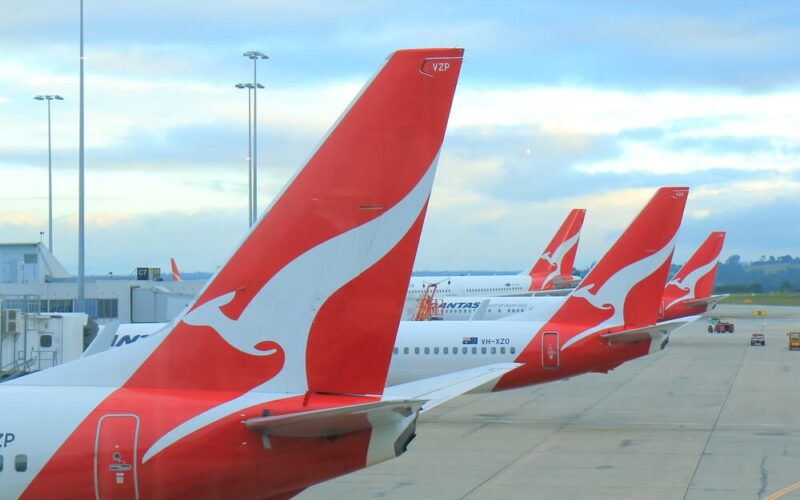One of the hot topics in the aviation industry for the past year was Qantas’ project to launch ultra-long-haul flights, directly connecting Sydney, Australia with some of the most influential cities in the world: London, United Kingdom and New York, United States. With the last hurdles cleared, seemingly, the illustrious flights are finally set to be launched officially, as Qantas’ pilots agreed to a new pay deal.
While the project was barely picking up steam on the operational side, Project Sunrise exploded in popularity and attracted a very fair share of global attention throughout the trial flights. However, attention from the Australian and International Pilots Association (AIPA), a pilot union representing Qantas pilots, and from the Australian Civil Aviation Safety Authority (CASA) was rather scarce. The pilot union raised quite a few concerns regarding the intricacies of the flight, including pay and workload management.
Nevertheless, AIPA approved a new pay deal with Qantas on March 30, 2020, paving the final few meters of the road before the first commercial flight of Project Sunrise. The flights would begin in 2023 from two Australian cities, Melbourne and Sydney.
The airline’s chief pilot Richard Tobiano said in an email to Qantas pilots that the agreement marks the moment the “flight operations component of the Project Sunrise business case,” as reported by The Sydney Morning Herald.
In late-February 2020, CASA approved a new fatigue risk management system (FRMS) specifically for the ultra-long-haul flights.
Difficult negotiations
When the Australian flag carrier announced its H1 FY2020 results, the company’s CEO Alan Joyce stated that the project is crucial to the airline’s future, as the value proposition would be one-of-a-kind, putting Qantas above its competition. But Joyce also reiterated that the “business case” has to work in order for the company to introduce Project Sunrise into its business proposition to customers.
Negotiations were slow, and at one point stalled for seven months, according to Joyce. The company’s CEO laid his cards on the table: if AIPA pilots are unwilling to agree, there was an abundance of fired expat Australian pilots from Asian and Chinese airlines that were willing to fly Project Sunrise. The union was not so pleased with Joyce’s position and concluded that the “ultra-aggressive approach” by Qantas’ management “caused long-term damage to the airline and to its relationship with its pilot workforce,” stated AIPA’s president Mark Sedgwick.
While the green light from the pilot union has seemingly cleared the last hurdle for Qantas, the recent coronavirus outbreak and sudden halt of the airline industry around the world has put the brakes on Project Sunrise.
“The extraordinary circumstances facing aviation has seen Airbus agree to extend the deadline on our decision to purchase the A350s so we can focus on navigating the coronavirus crisis,” stated Tobiano, adding in that as this period would pass, Qantas would once again re-adjust its focus towards the flights and the Airbus A350.

